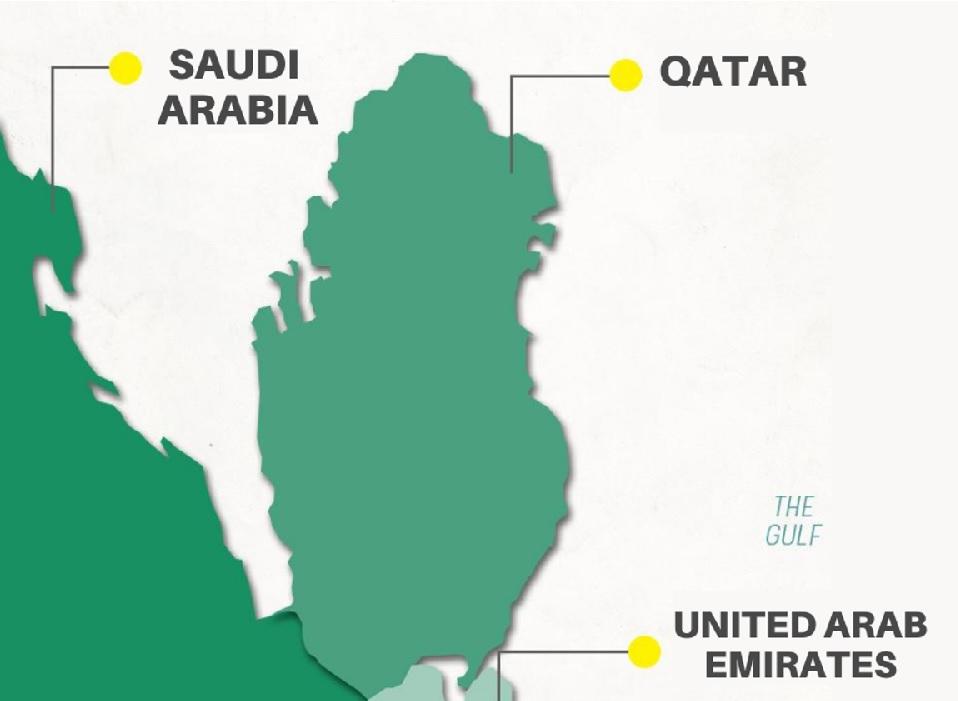'Inadequate' heat protection for Gulf's migrant workers — HRW

BEIRUT, Lebanon - Human Rights Watch on Thursday accused Arab Gulf states of poorly protecting migrant workers exposed to severe heat stress as climate change threatens to make already-sizzling summers hotter and longer.
The United Arab Emirates, Saudi Arabia and Qatar are among the hottest places in the world with summer temperatures often edging towards 50 degrees Celsius (122 degrees Fahrenheit).
To protect laborers, the three states ban work under direct sunlight and in open-air areas at peak heat hours from mid-June until mid-September as part of a longstanding "midday break" policy.
But in a new report, HRW called the measure "inadequate," saying it failed to prevent heat-related health risks such as fainting, vomiting and in some cases, death.
"As temperatures reach unprecedented levels globally, Gulf states should be leaders in implementing strong heat protections to safeguard outdoor workers, not passive bystanders," said Michael Page, HRW's deputy director for the Middle East.
"Migrant workers in countries like Saudi Arabia, the UAE, and Qatar... are unnecessarily suffering every day, enduring long-term chronic illnesses, and even dying due to the suffocating heat," he said.
HRW, which interviewed dozens of migrant workers in Saudi, the UAE and Qatar, said "nosebleeds, fever, headaches, nausea, and fainting are common among workers."
The "interviewees often lacked access to shaded rest breaks and cold water to hydrate and cool off," HRW added, noting that "extreme heat conditions also occur outside" the months and hours during which work is prohibited under the midday break.
Workers in Arab states face some of the highest exposure to heat stress in the world, with 83.6 percent suffering from excessive heat exposure on the job, according to a recent report from the International Labour Organization, a United Nations agency.
The risks from a warming planet were on display in June, when more than 1,300 people died while performing the annual Muslim hajj pilgrimage to Mecca, according to an official tally -- most of them unauthorised pilgrims exposed to long periods outdoors. — Agence France-Presse




